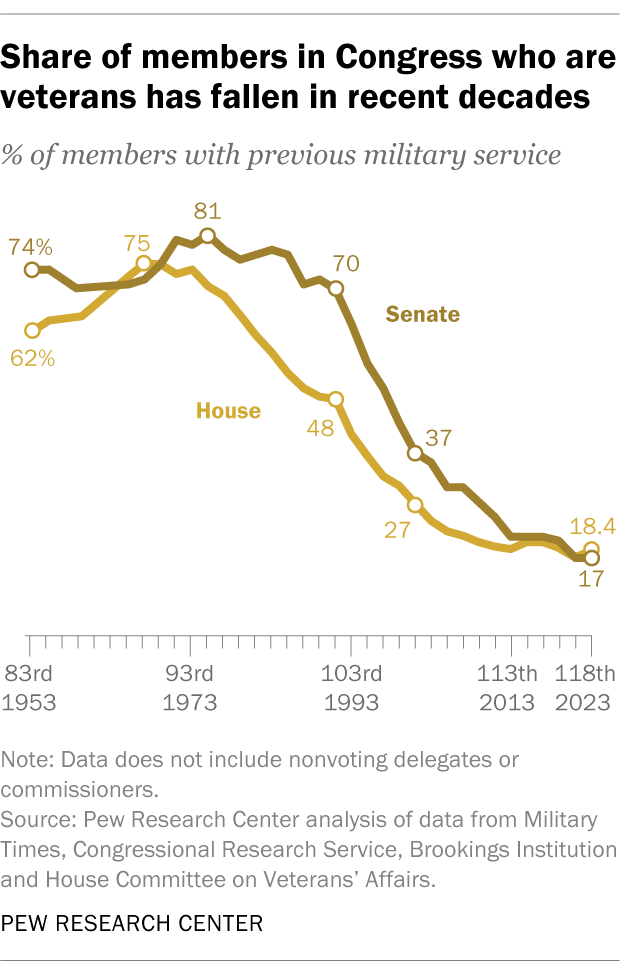The Constitution:
To declare war, grant letters of marque and reprisal, and make rules concerning captures on land and water;
To raise and support armies, but no appropriation of money to that use shall be for a longer term than two years;
To provide and maintain a navy;
To make rules for the government and regulation of the land and naval forces;
To provide for calling forth the militia to execute the laws of the union, suppress insurrections and repel invasions;
To provide for organizing, arming, and disciplining, the militia, and for governing such part of them as may be employed in the service of the United States, reserving to the states respectively, the appointment of the officers, and the authority of training the militia according to the discipline prescribed by Congress;
Article II, section 2:
The President shall be commander in chief of the Army and Navy of the United States, and of the militia of the several states, when called into the actual service of the United States;
War and Intelligence
Prologue: Steps in launching a nuclear war
Hamilton in Federalist 8: "It is of the nature of war to increase the executive at the expense of the legislative authority."
Tocqueville, p. 126: "If the Union’s existence were constantly menaced, and if its great interests were continually interwoven with those of other powerful nations, one would see the prestige of the executive growing, because of what was expected from it and of what it did."
The War Powers Resolution -- From CRS:
The War Powers Resolution (P.L. 93-148) was enacted over the veto of President Nixon on November 7, 1973, to provide procedures for Congress and the President to participate in decisions to send U.S. Armed Forces into hostilities. Section 4(a)(1) requires the President to report to Congress any introduction of U.S. forces into hostilities or imminent hostilities. When such a report is submitted or is required to be submitted, Section 5(b) requires that the use of forces must be terminated within 60 to 90 days unless Congress authorizes such use or extends the time period. Section 3 requires that the “President in every possible instance shall consult with Congress before introducing” U.S. Armed Forces into hostilities or imminent hostilities.
From 1975 through March 2017, Presidents have submitted 168 reports as the result of the War Powers Resolution, but only one, the 1975 Mayaguez seizure, cited Section 4(a)(1), which triggers the 60-day withdrawal requirement, and in this case the military action completed and U.S. armed forces had disengaged from the area of conflict when the report was made.
During US operations in Kosovo, Rep. Tom Campbell (R-CA) and colleagues went to court to enforce the War Powers Act. CRS picks up the story:
On May 25, 1999, the 60th day had passed since the President notified Congress of his actions regarding U.S. participation in military operations in Kosovo. Representative Campbell, and those who joined his suit, noted to the federal Court that this was a clear violation of the language of the War Powers Resolution stipulating a withdrawal of U.S. forces from the area of hostilities after 60 days in the absence of congressional authorization to continue, or a presidential request to Congress for an extra 30 day period to safely withdraw. The President did not seek such a 30 day extension, noting instead his view that the War Powers Resolution is constitutionally defective.
On June 8, 1999, Federal District Judge Paul L. Friedman dismissed the suit of Representative Campbell and others that sought to have the court rule that President Clinton was in violation of the War Powers Resolution and the Constitution by conducting military activities in Yugoslavia without having received prior authorization from Congress. The judge ruled that Representative Campbell and the other congressional plaintiffs lacked legal standing to bring the suit. On June 24, 1999, Representative Campbell appealed the ruling to the U.S. Court of Appeals for the District of Columbia. The appeals court subsequently agreed to hear the case on an expedited basis before Judges Silberman, Randolph, and Tatel. On February 18, 2000, the appeals court affirmed the opinion of the District Court that Representative Campbell and his co-plaintiffs lacked standing to sue the President.76 On May 18, 2000, Representative Campbell and 30 other Members of Congress appealed this decision to the United States Supreme Court. On October 2, 2000, the United States Supreme Court, without comment, refused to hear the appeal of Representative Campbell, thereby letting stand the holding of the U.S. Court of Appeals.
The foreign aid package:
From WP:
One Republican House member recalls: “I’ll never forget Johnson one time said, ‘I’ve gone from representing my district only to representing the entire [House] and the country.’ For someone to go from where he was to where he is now as quickly as he did … is remarkable.”
From NYT:
Mr. McCaul, who repeatedly huddled with Mr. Johnson and the chairmen of the other congressional national security committees in a secure room of the Capitol where lawmakers can review classified material, described Mr. Johnson’s journey as “transformational.”
Impact of Russian disinformation
Israel vote in House (the horseshoe theory)
(The rule bundled these separate votes into amendments to HR 815): "Provides that upon disposition of H.R. 8034, H.R. 8035, H.R. 8036, and H.R. 8038, the House shall be considered to have concurred in the Senate amendment to H.R. 815 with an amendment consisting of the text of H.R. 8034, H.R. 8035, H.R. 8036, and H.R. 8038, as passed by the House, if passed by the House.)
Senate concurs, sends to POTUS

No comments:
Post a Comment